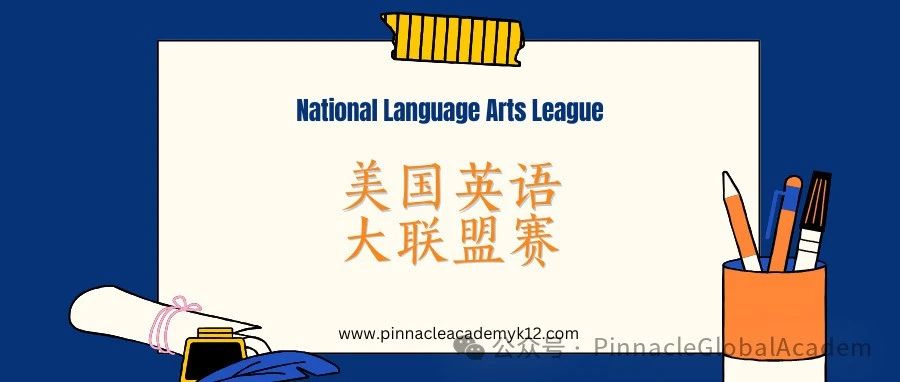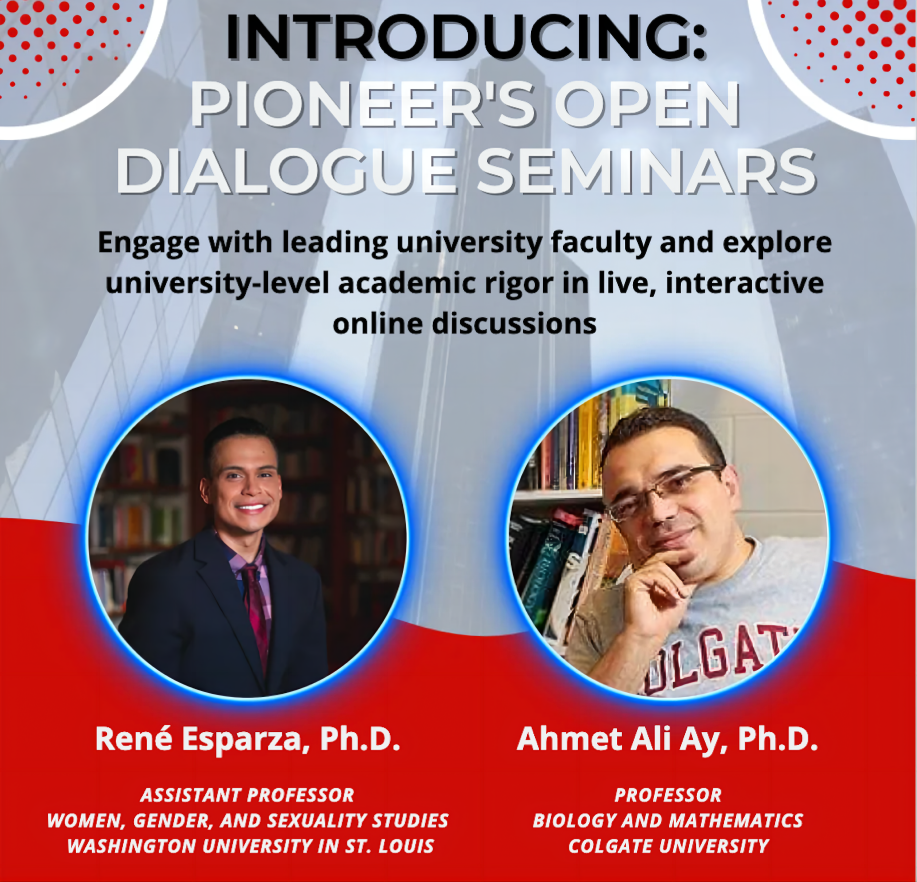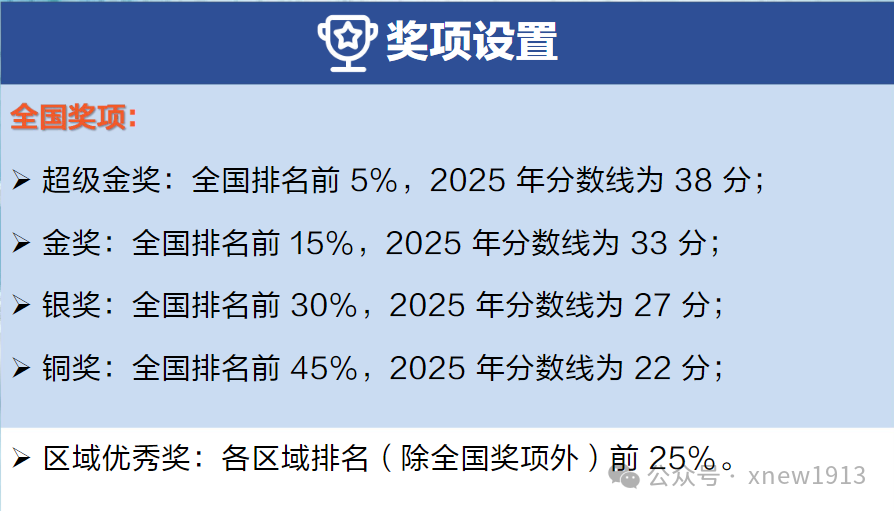下周末即将迎来 Junior WSD春季首场比赛!
今天我们围绕 2024春季已备辩题 I 其中的一个辩题为大家带来 最新的Sample Argument~
在此之前,一起回顾一下已经公布的辩题内容吧~
Junior WSD 春季已备辩题 I
MOTION 1
THR the rise of social media as a primary source of news distribution.
MOTION 2
THS the narrative that "one should never give up".
MOTION 3
THW replace traditional punishments with positive reinforcement in primary schools.
▋ 春季已备辩题 I适用比赛
· JUNIOR WSD ONLINE I3月23-24日
· JUNIOR WSD ONLINEⅡ4月13-14日
· JUNIOR WSD ONLINE Ⅲ5月4-5日
2024 NHSDLC 春季Sample Argument I
如今,社交媒体改变了世界。信息在全球范围内迅速传播,用户触手可及。从新闻到政治讨论,再到友好聊天,每个交流领域都发生了变化。今天,我们就将围绕这一现象对新闻传播的影响展开辩论。
Social media has changed the world. Information is now globally disseminated at a rapid pace, available to users at their fingertips. Every area of communication has been transformed, from news to political discussion to friendly chats.
Today we are zooming in on the way this phenomenon has affected news distribution. This topic is a raging debate in real life that is discussed by governments, universities, and journalists themselves.
PROPOSITION
正方观点
在正方看来,首先要考虑的是假新闻的出现。过去,成为一名记者需要经过专业性和客观标准的严格挑选,而如今,任何人都可以几乎没有成本地在社交媒体平台上发布新闻。同时,即便是真正的记者也有可能在网络上发布假新闻,以获得更多的关注。
假新闻将带来诸多影响。首先,有一个原则性论点:每个人都有权获取正确的信息,并为自己的生活、根据自己的利益做出决定。除此之外,假新闻对人们情绪的影响、导致政治激进化都是正方可以考虑的论点。
There are many reasons to regret the rise of social media as the primary source of news distribution.
The first thing to consider is the emergence of fake news.
There used to be barriers to entry for becoming a journalist: one had to obtain a journalism degree at university where he or she would be trained to conduct research and focus on evidence. In addition, TV channels and media companies would be highly selective when hiring journalists, adhering to standards of professionality and objectivity.
Nowadays, anyone can create a news website with little to no cost. Social media influencers with no formal education in journalism post news on platforms like Facebook and Twitter(X). This has led to an avalanche of incorrect information.
Furthermore, journalists have an incentive to push fake news on the Internet. The way online creators earn money is through sponsorships and ad revenue, both of which generate higher profits the more attention their content gets. Therefore, online journalists often come up with falsehoods to get more engagement, such as views, likes, and comments. This is called sensationalism.
While traditional media may be sensationalist to some extent, sensationalism is made worse on the Internet due to features such as online comments and AI algorithms that reward “outrage” and “hate-watching” content that people disagree with.The consequences of fake news are many. To start with, you can make the principle argument that individuals have a right to correct information.
After all, one cannot make informed decisions about their life, such as how to seek proper healthcare or how to vote without having access to true information. When people are misinformed, they make decisions that are against their interests and to which they cannot meaningfully consent.
Other arguments to consider from side proposition relate to the way engaging with news online makes people feel. Sometimes, news on the Internet gets more engagement by making people feel sad, concerned, or angry, as this makes people more likely to click on a “clickbait” article. This can have devastating mental health consequences for people who spend too much time consuming endless amounts of depressing content online.
Furthermore, political radicalization is a problem that emerges on the Internet, as people can choose to only engage with news that agrees with their worldview and never have to interact with opposing viewpoints.
OPPOSITION
反方观点
新闻传播转向社交媒体最直观的好处是易于获取。对贫困地区的人们来说,他们对传统媒体无法进行广泛的选择。相比之下,互联网可以让人们访问到各种各样的新闻来源。
而关于信息正确性的讨论:正是由于社交媒体上不同的新闻来源,人们可以交叉参考发现不一致之处。一个人掌握的信息越多,越能做出有利于改善生活的决定。当人们可以与来自世界各地的观点进行交流时,他们的批判性思维能力和自己的观点也会得到更好的发展。
The most intuitive benefit of news distribution moving to social media is ease of access. Traditional media used to be inaccessible, especially for people living in poorer areas that did not have a wide range of options. In the developing world and in rural regions, there is a small number of TV channels and newspapers that are available.
In comparison, anyone who has an Internet connection can access a wide variety of news sources: from western media to local media, to an endless array of private media companies, and to individual influencers that post online.This piece of framing can be weaponized to attack the proposition claim about misinformation.
Since there are so many different sources of news available on social media, individuals can cross-reference the facts between different sources and spot inconsistencies. Communities can hold journalists accountable by “fact-checking” their claims at the press of a button and “canceling” those who spread misinformation. In comparison, if a traditional news source is lying to you (because of profit incentives or corruption) there is no way to fight back against it.In addition, reputable news sites, such as the BBC, also have online articles that can be shared online.
Therefore, if side proposition is concerned with the accuracy of news and thinks traditional news platforms are better at keeping their information correct, individuals can access these traditional news channels online as well. The difference is that this information is free and accessible to a much larger number of people.The impact of the argument can be the same that I suggested for the other side: the value of information. The more information an individual has, the more he or she can make decisions that can improve their lives.
For example, if an elderly person can research which city has the best facilities for elderly care, they can make a better choice in which city to spend their retirement.
As a result, people have more freedom to make choices that improve their own quality of life due to the increased availability of news.Another argument side opposition can develop on this motion concerns discussion and debate.
Prior to the emergence of the internet, people could only discuss important topics with people around them, who might all share the same opinions and beliefs. Online, people are exposed to a much wider variety of perspectives and viewpoints.
The reason why this is important is not only that information is more available, as we discussed in the first argument, but also that one can develop critical thinking skills and their own opinion much more when they can interact with ideas from all over the world. This has also had a huge impact on people learning second languages, particularly English, which allows them to connect with people worldwide and increase their employment options.
以上就是Junior WSD春季常规赛
最新Sample Arguments 仅供参考~期待同学们在赛场上有更精彩的发言!












